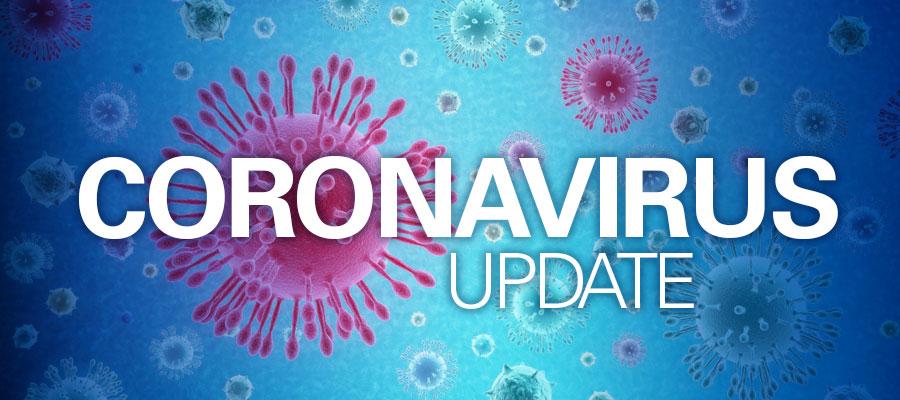FDA issues reminder on need for clear nasal sampling instructions; dogs detect COVID-19 in body odor

The Food and Drug Administration Friday reminded health care providers to give patients who self-collect anterior nasal samples for SARS-CoV-2 testing in health care settings step-by-step instructions. “Without proper instructions, patients may not collect an adequate sample for testing, which may decrease the sensitivity of the test,” the agency said.
In other news, a new study from researchers at the London School of Hygiene & Tropical Medicine and others suggests that people infected with COVID-19 have a distinct body odor that specially trained dogs can rapidly detect with up to 94.3% sensitivity and up to 92% specificity. The study found dogs could detect the odor on clothing samples from individuals, including those who were asymptomatic, had low viral loads and two different strains. The study has yet to be peer reviewed and replicated in real-world settings, but shows promise as a way to screen individuals for COVID-19 testing at airports and other public places, the authors said

